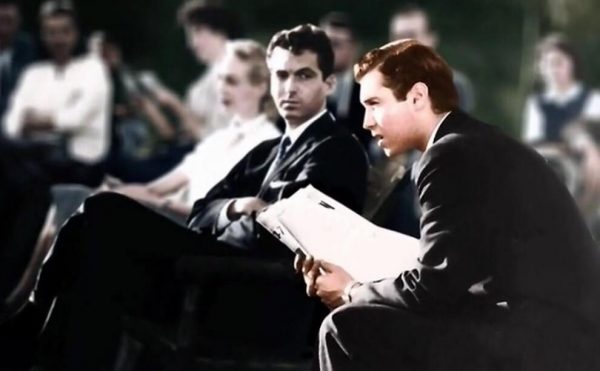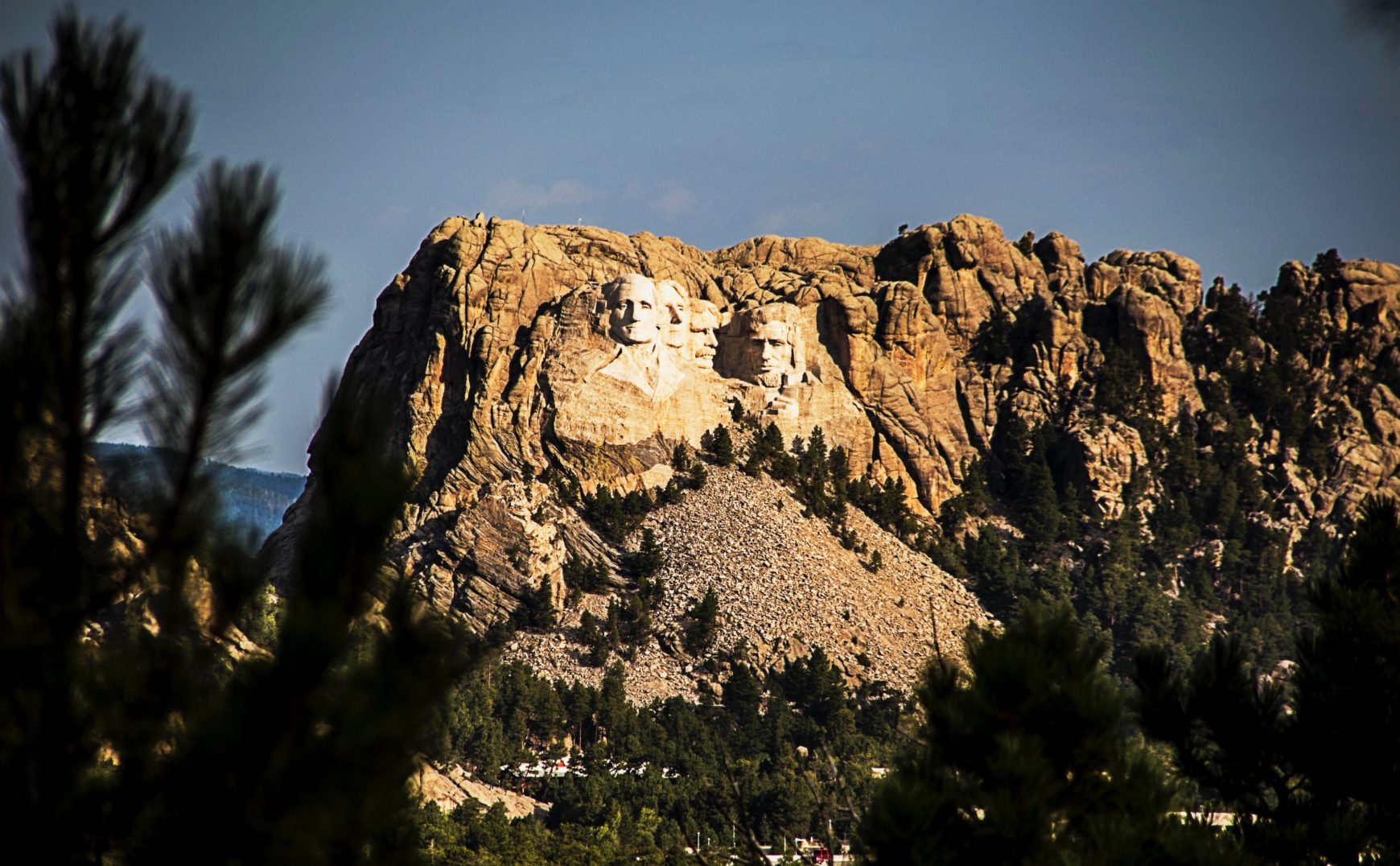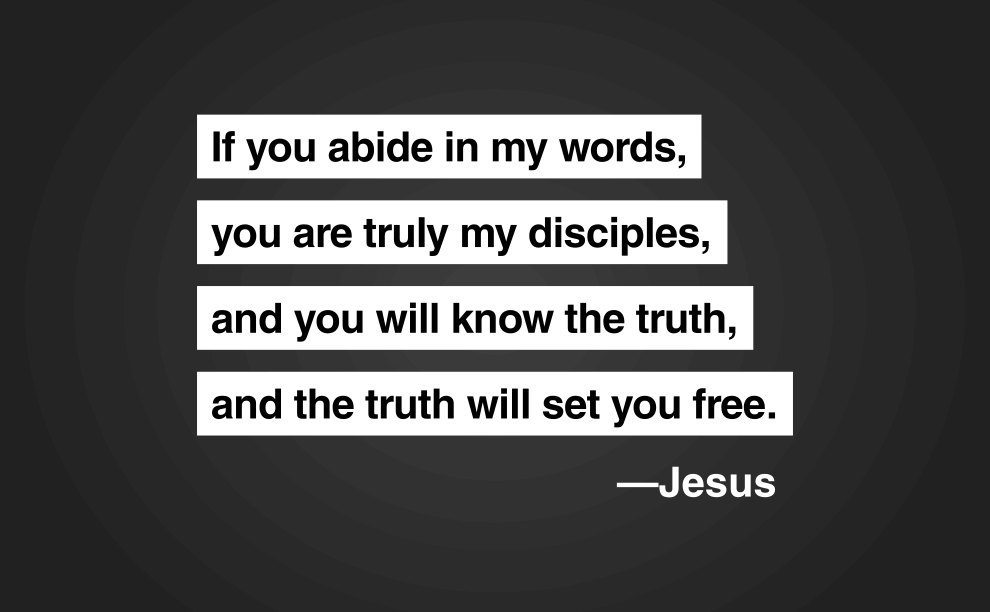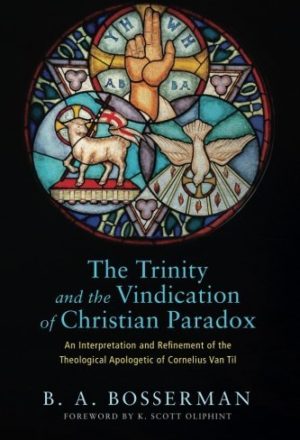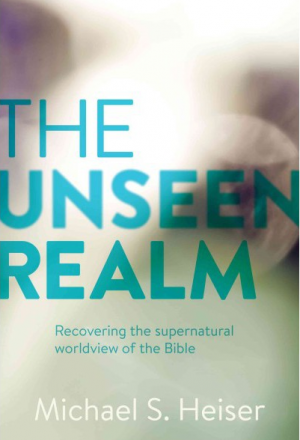Summoned Before the Face of God
Imagine if God summoned you up a mountain to meet him.
You stand at the base of a mountain. A thick, black cloud descends; thunder and lightning flash and crack. A sound like a trumpet blast emanates louder and louder from the cloud. You wait 3 days, and finally the Ancient of Days appears as fire in the sky, speaking in the claps of thunder, the giant land mass trembling in his presence. The first sense you get from him is his voice. He commands you to ascend the hill to engage with him. You don’t dare to go, yet you don’t dare to disobey his voice.
On the mountain God speaks further to you. The words he utters land on your soul with a weight heavier than the mountain you stand on. They are more real than the thoughts in your head and the shirt on your back. He speaks, he promises, he gives commands. He has you seal his covenant with blood. He is deadly serious. He is vibrantly good, his glory is effulgent.
He calls you closer. You climb further, deeper into the cloud, and then it happens: you see him. An involuntary reaction puts you on the ground, on your face before the burning weight of glory. Under his feet you see that the mountain has melted into precious stone, as smooth and clear as a lake at sunrise.
You behold God.
God the infinite, God the almighty, God the holy, God the love.
What now?
What You Do In God’s Presence
Now you eat. Now you drink.
Wait, what? That seems so earthy, so common, so ordinary.
You stand in the presence of the Holy, of the God who is spirit. What do you expect to do? Some exercise of pure reason? Compose poetry? Sing? Become existentially unmade? Maybe. But do you expect to eat and drink? Yet this is what happens, time and again, this is what happens when men meet God.
Then Moses and Aaron, Nadab, and Abihu, and seventy of the elders of Israel went up, and they saw the God of Israel. There was under his feet as it were a pavement of sapphire stone, like the very heaven for clearness. And he did not lay his hand on the chief men of the people of Israel; they beheld God, and ate and drank. (Exodus 24:9-11)
Much later the God-man Jesus had been to the cross, he had entered the heavenly temple and been offered up as the lamb of sacrifice for sinners before the Father. He had wrestled power from death and won, rising again in a new glory-body, becoming the firstfruits of the resurrection. He appeared to some of his followers walking along a road. He asked them questions, they didn’t know who he was. He taught them, they didn’t know who he was. He broke bread with them, they knew who he was, and he vanished.
Later, the disciples were waiting for Jesus to come and tell them what was next. They were fishing in a boat. Jesus appeared on the shore and told them where to throw their net. They caught 153 fish and the disciple Jesus loved knew it was him. Peter jumped out of the boat and swam to Jesus. They came to him on the shore and he made them bread and fish on a charcoal fire. They sat and ate breakfast with God on the shore of the sea which his fingers had made ex nihilo.
Why this eating with God? What is going on here? We aren’t told explicitly, but surely we are meant to wonder at it. Part of the picture is the reality that food is a profound means and expression of fellowship, of koinonia, of close mutual togetherness. The people you eat with are your people. You can see this dynamic at play at the school cafeteria, the family table, a date, or in the way eating alone seems to accentuate loneliness. Eating together is such an intimate thing that where I live (in a mountain community that tends towards isolation) people are made uncomfortable by the intimacy of a dinner invitation.
Our Weekly Invitation to God’s Table
Have you ever eaten with God or with an angel? Abraham ate with God and two angels (Genesis 18), Paul says that pagans eat with demons (1 Corinthians 10:20-21). And Hebrews tells you that you might show hospitality (which includes serving food) to angels without even knowing it. If you are in Christ you have eaten with God in profound fellowship with him. Perhaps you did this without even knowing it.
All those who are in Christ under the new covenant have a glorious summons to meet with God constantly. Imagine it with the eyes of your faith.
You stand on a mountain called mount Zion. This mountain has been developed into the city of God and is teeming with innumerable glorious spirit beings who are celebrating in a constant festival dance, a panegyris, a festal gathering. You stand in the assembly of those whose names are written in the book of life, who have been transformed into the brilliant fullness of their telos in Christ. In this heavenly city you boldly approach God himself, the judge of all. Because of your union with Jesus you don’t stay on your face, but you gaze in rapt, reverent joy into the very glory of the Ancient of Days, experiencing the fullness of joy that is at the right hand of Yahweh. You draw near through the new and living way that has been opened up through the curtain into the presence of God.
This is not merely a future reality for those baptized into Jesus, but a present experience, “you have come to mount Zion” (Hebrews 12:22). Your life is hidden with Christ in God now, you are currently seated in the heavenly places in Christ Jesus by faith (Colossians 3:3, Ephesians 2:6). There is more to come; much, much more. But you have access now, you have summons now. “Draw near to God and he will draw near to you” (James 4:8).
And one of the profound ways you draw near is to eat with him as you gather with God’s people in communion.
The cup of blessing that we bless, is it not a participation (koinonia) in the blood of Christ? The bread that we break, is it not a participation in the body of Christ? Because there is one bread, we who are many are one body, for we all partake of the one bread. Consider the people of Israel; are not those who eat the sacrifices participants in the altar? (1 Corinthians 10:16-18)
Communion is a covenant memorial meal. We come to remember God’s covenant with us in Christ, and to ask him to remember as well. As we come to remember, we eat and drink with God, we fellowship with and participate in the body and blood of Jesus. It is such a profound encounter with God that to do it without self examination and proper discernment amounts to guilt concerning the body and blood of Jesus and leads to serious judgment from God (1 Corinthians 11:27-32).
Among evangelicals there are two major views about what is going on at the communion table. The most popular one is called the memorial view. The idea is that at the table we remember Jesus’ sacrifice for us. Surely this is true, as Jesus told us to do it in remembrance of him. But in this view remembering is all that is going on, no spiritual communion with Christ himself. This is an overreaction against Roman Catholic errors surrounding transubstantiation and misses a glorious reality that is happening at the table. This reality is made clear by the above citation from 1 Corinthians 10. What I am advocating is called the Real Presence view, and is the view historically held by the Reformers. The Westminster Confession of Faith says it well:
Worthy receivers, outwardly partaking of the visible elements, in this sacrament, do then also, inwardly by faith, really and indeed, yet not carnally and corporally, but spiritually, receive, and feed upon, Christ crucified, and all benefits of his death: the body and blood of Christ being then, not corporally or carnally, in, with, or under the bread and wine; yet, as really, but spiritually, present to the faith of believers in that ordinance, as the elements themselves are to their outward senses. (WCF, XXIX: 7)
By means of our faith-union with Christ we stand in the presence of God most high, El Elyon. This is staggering. And he calls us further in to a special, intimate encounter with him at the Lord’s Table: to eat and drink in his presence. Why wouldn’t we long for that weekly? Some churches choose to celebrate the Lord’s Supper once or twice a year, some monthly, but if the scripture says we are communing with Jesus at the table, how could we not hunger for this meal as often as we gather together! This is not an experience you can stream on the internet from home, you have to draw near and assemble with God’s people. Approach the table with thanks, approach with trembling, approach with reverence, approach with rejoicing. Approach the table with faith that as you come, you are drawing near to the immortal, invisible, God-only-wise in a place that he has promised to meet you. In communion you are eating and drinking with the living God, what might happen in such an encounter?
Trending
References:
- Westminster Assembly, The Westminster Confession of Faith: With Proof Texts. Horsham, Pa.: Great Commission Publications, 1992.








